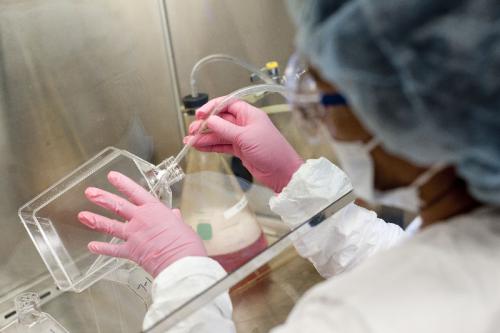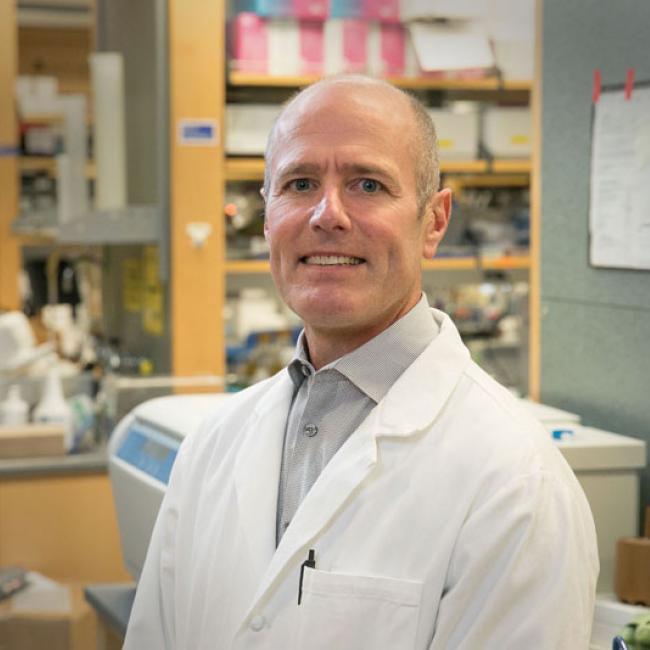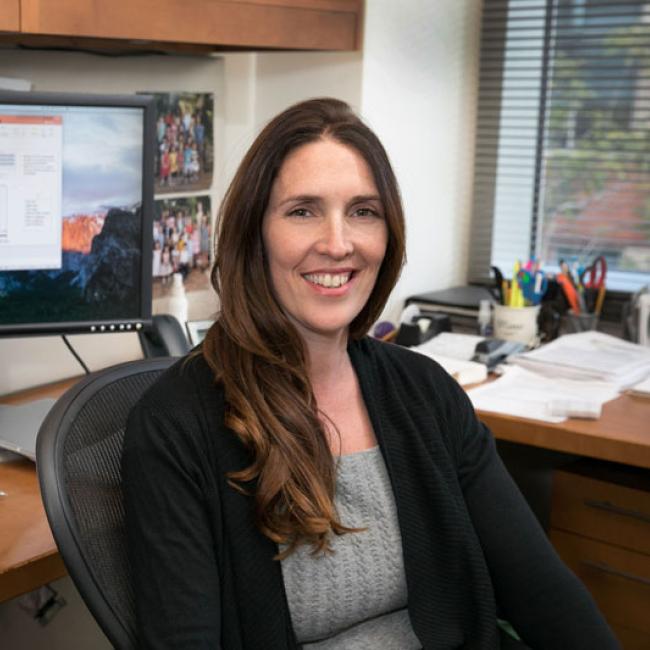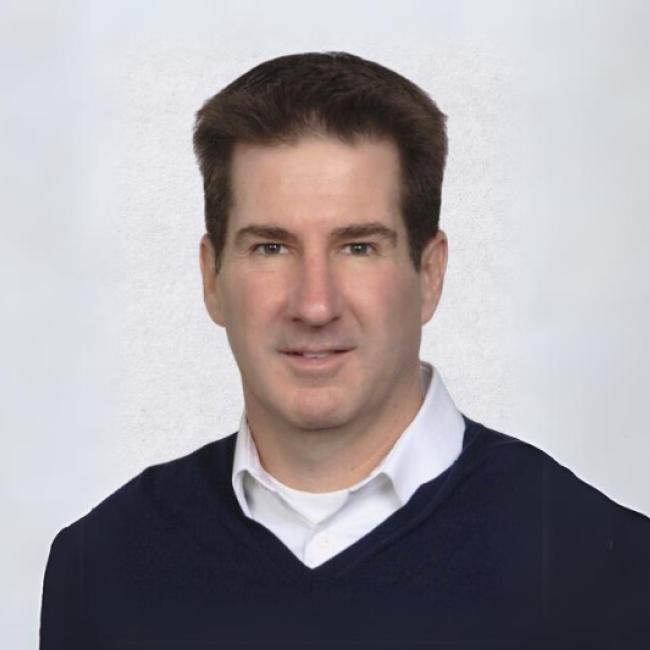
Three UCLA scientists receive CIRM Discovery Grants to develop stem cell therapies for stroke, muscular dystrophy and HIV
Three researchers from UCLA’s Eli and Edythe Broad Center of Regenerative Medicine and Stem Cell Research have received Quest Discovery Program awards totaling approximately $6 million from the California Institute for Regenerative Medicine, the state stem cell agency.
The awards, given to Dr. S. Thomas Carmichael, co-director of the UCLA Broad Stem Cell Research Center and professor and Chair of the Department of Neurology, April Pyle, associate professor in the Department of Microbiology, Immunology and Molecular Genetics, and Scott Kitchen, associate professor of Medicine in the Division of Hematology and Oncology, were announced at a meeting of the Independent Citizens Oversight Committee, CIRM’s governing body on December 14, 2017.
CIRM established the Quest Discovery Program to support the development of promising novel stem cell-based technologies that will be ready for translational studies within two years.
Dr. Carmichael’s $2,096,095 award will fund his efforts to develop a patient-specific stem cell therapy for tissue repair in white matter stroke and vascular dementia, a progressive dementing condition with no current therapy. Stroke is the leading cause of adult disability; white matter stroke accounts for 30 percent of all stroke cases and primarily affects glial cells, which form the connecting areas of the brain. White matter stroke is the second leading cause of dementia and can increase the incidence and progression of Alzheimer’s disease.
Dr. Carmichael and his team intend to develop a novel stem cell line of induced pluripotent stem cell - glial enriched progenitor cells, which will regenerate glial cells to promote tissue repair and recovery in stroke and dementia in animal models. The goal of this pre-clinical work is to set the foundation for a future application to the Food and Drug Administration to conduct a clinical trial using this cell therapy.
Pyle’s $2,184,000 award will support her work to develop a stem cell therapy for muscle wasting diseases such as Duchenne muscular dystrophy. Duchenne affects approximately one in 5,000 boys in the U.S. and is the most common fatal childhood genetic disease. Duchenne causes abnormally low production of a protein that is essential to the growth and function of muscle fibers. The hallmark pathology of Duchenne, muscle degeneration and weakness, usually onsets in early childhood; patients gradually lose mobility and typically die from heart or respiratory failure around age 20. There is currently no way to reverse or cure the disease.
Pyle’s lab studies the natural process of human muscle stem cell development in order to develop strategies to direct human pluripotent stem cells to mature into muscle stem cells that can respond to continuous injury and regenerate new muscle long-term. Pyle’s ultimate goal is to develop a patient-specific cell replacement therapy for boys with Duchenne.
Kitchen’s award of $1,701,178 will fund his work with fellow stem cell center member Jerome Zack, a professor of Medicine and Chair of Microbiology, Immunology and Molecular Genetics, to uncover a therapeutic approach to treat and potentially cure HIV infection using genetically modified blood-forming stem cells. HIV is a condition in which progressive failure of the immune system allows life-threatening infections and cancers to thrive. Because there is no cure available for HIV, patients require treatment with antiviral medications throughout their lifetime.
Kitchen and Zack’s proposed HIV therapy will use an optimized chimeric antigen receptor (CAR) to genetically modify blood stem cells to enhance the immune system’s natural response to HIV. A stem cell-based therapy has the potential to provide an inexhaustible source of protected, HIV-specific immune cells that could eradicate the virus from the body.


